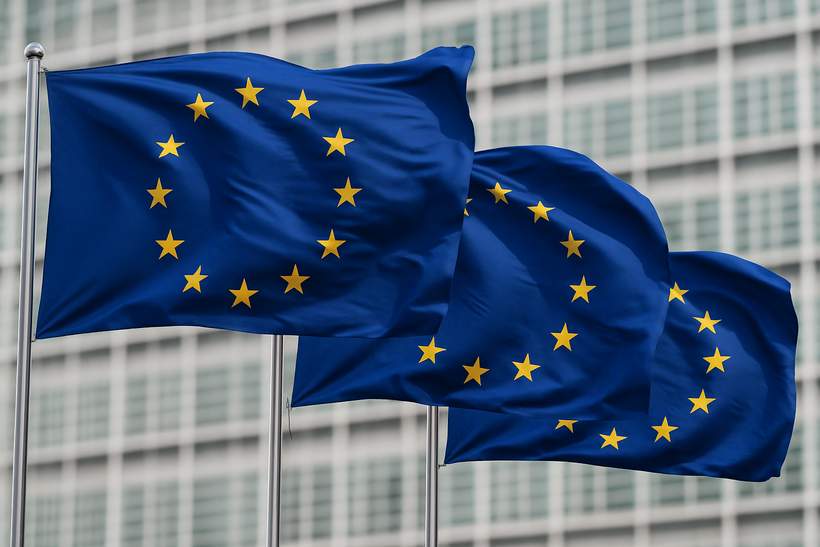Germany’s Legal Battle on Player Refunds Escalates to the EU’s Supreme Court

The dispute over whether German gamblers can claim refunds for losses from unlicensed sports betting providers is approaching a critical juncture. The European Court of Justice (ECJ) in Luxembourg has commenced oral hearings on a case that could transform player rights and regulatory practices throughout the European Union.
Standoff Between Parties Continues Unabated
At the center of this controversy is a lawsuit filed against Tipico, a major European sports betting firm. The plaintiff contends that wagers made before 2020, prior to Tipico securing its German license, were conducted under invalid contracts and should therefore be reimbursed. In response, the German Federal Court of Justice (BGH), which initially handled the case, referred crucial legal questions to the ECJ, temporarily suspending the national proceedings.
This conflict has since expanded beyond a single claim. Thousands of German bettors have initiated similar refund lawsuits, spurred on by legal firms claiming that a lack of proper licensing invalidates gambling contracts, according to German law which mandates valid permits for enforceable agreements.
On the other hand, Tipico and several Malta-based operators argue they have operated within their rights under the EU’s principles of free service provision across borders. They criticize Germany’s licensing system as inefficient and lacking transparency, effectively restricting fair market access for foreign companies and thus breaching EU regulations.
The ECJ’s Ruling Could Reshape Europe’s Gambling Industry
Recently, Advocate General Nicholas Emiliou provided a non-binding opinion that seeking reimbursements for unlawful gambling should not be considered an abuse of EU law—a perspective favoring bettors. Historically, such opinions heavily influence the ECJ‘s rulings.
The court must now determine if Germany’s prohibition on unlicensed betting operations can supersede the EU’s freedoms to provide services, particularly when Germany’s licensing procedures may lack compliance with EU transparency rules. A decision in favor of consumers could have far-reaching consequences, potentially obliging operators to refund substantial amounts accumulated over years.
A ruling that broadly supports players could affect other European countries with delayed or problematic licensing frameworks. Industry analysts believe a more limited judgment focused on Germany is more probable. Regardless, the ECJ’s verdict will be a defining moment for the gambling sector across Europe, influencing future regulation and the balance between operator rights and consumer protections.